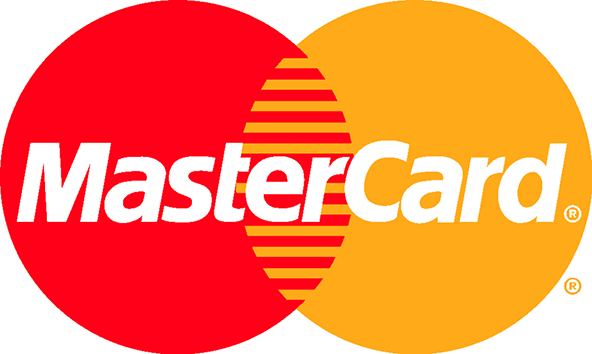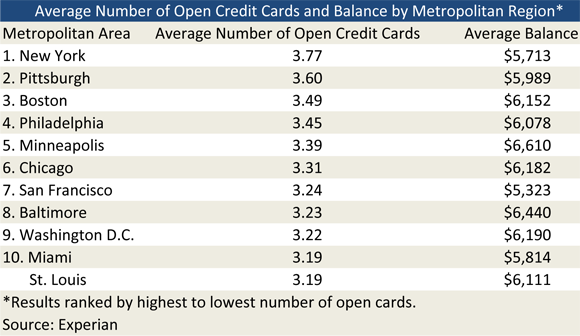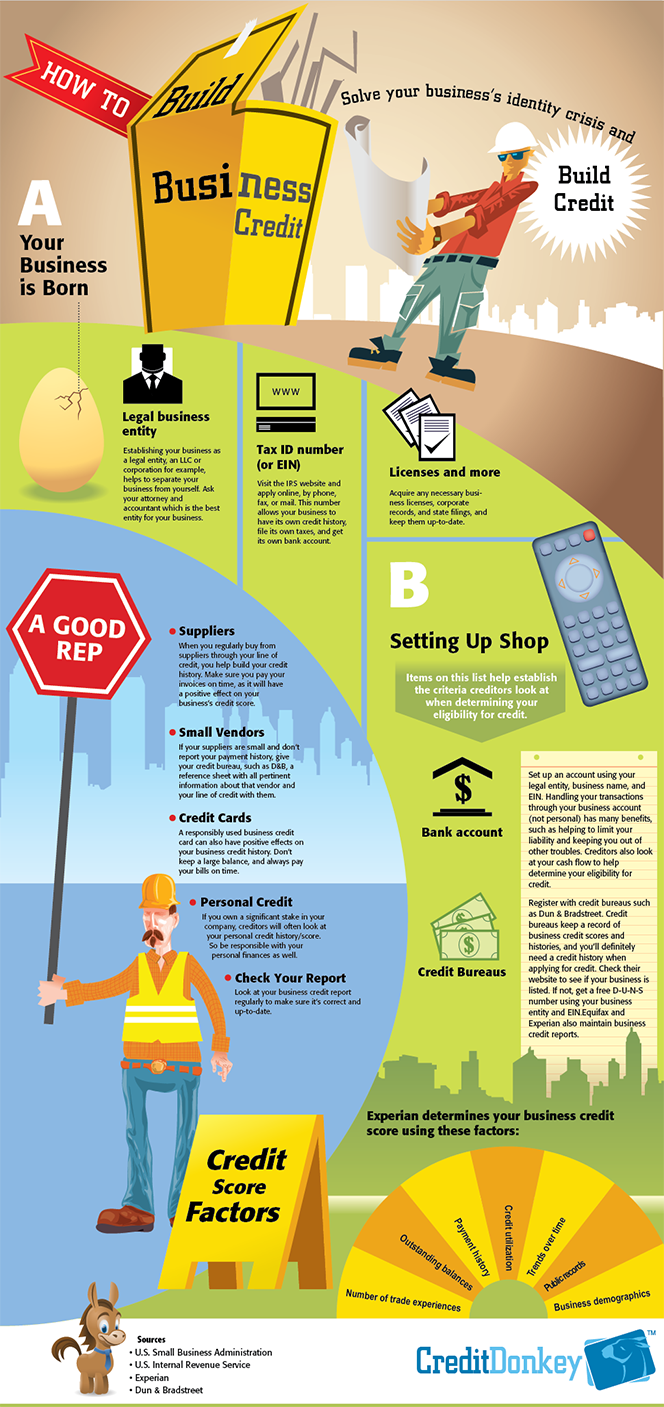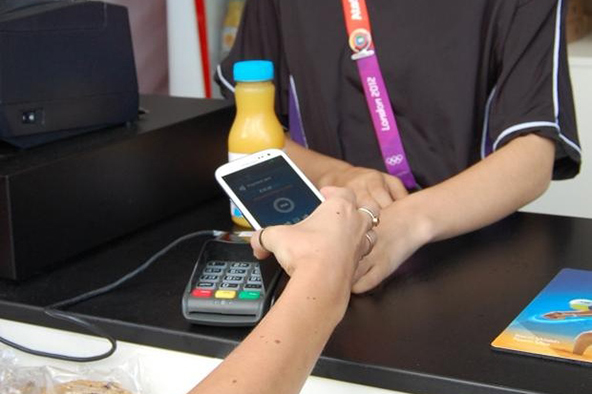MasterCard Chargeback Basics

MasterCard defines chargeback as a “procedure in which an issuer charges all or part of the amount of an interchange transaction back to the acquirer in accordance with MasterCard regulations.” The charged back amount is then debited to the cardholder’s account.
A chargeback is generated when a cardholder disputes a transaction or when the issuer determines that for a specific reason the transaction is not valid. The issuer can then return the transaction to the processing bank as a chargeback. MasterCard requires that chargebacks are processed within pre-defined time frames after receiving the transaction’s first presentment. These time frames vary by chargeback reason code.
Chargeback categories. MasterCard chargebacks fall into the following categories:
- Authorization.
- Fraud.
- Cardholder disputes.
- Retrieval request and documentation required.
- Errors in processing or procedure.
Typically, chargebacks are initiated when there is a customer dispute or an error in the transaction amount.
Chargeback process. After the transaction’s first presentment from the processor to the issuer, the latter may determine that the transaction may be invalid. If that is the case, the issuer will charge it back to the processor. The issuer and processor will then research the facts to determine which party is responsible for the transaction. If they cannot agree, MasterCard is the final arbiter. If the chargeback is upheld and the merchant cannot or does not cover it, the processor must cover it.
The chargeback life cycle includes:
- First chargeback (submitted by the issuer).
- Second presentment, if necessary (submitted by the acquirer).
- Arbitration chargeback, if applicable (submitted by the issuer).
Retrieval Request and Retrieval Fulfillment. If the processor and issuer cannot resolve the dispute within three cycles, they are required to send the case to MasterCard for arbitration. Additionally, if an issuer requests a copy of the transaction receipt, the retrieval process has two steps — Retrieval Request and Retrieval Fulfillment — and can also include Image Review.
Typically, an issuer would request a copy of the transaction receipt if it believes that it could help resolve the chargeback dispute. In fact, copy requests are not necessarily preceded by a chargeback, but can be initiated independently. Once the request is received, the processor will forward it to the merchant who is required to respond within the applicable time frame.
Chargeback prevention best practices. Merchants can limit unnecessary MasterCard chargebacks if they adhere to the following best practices:
- Obtain authorization when required.
- Ensure that the transaction information submitted with the authorization request is accurate.
- Comply with the authorization response.
- Obtain the cardholder’s signature or PIN and proof of the card’s presence.
- Use the Address Verification Service (AVS) and / or MasterCard SecureCode.
For more on what causes chargebacks and how to prevent them, review our Chargeback Resources.
Image credit: Wikimedia Commons.


